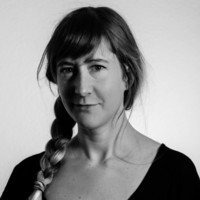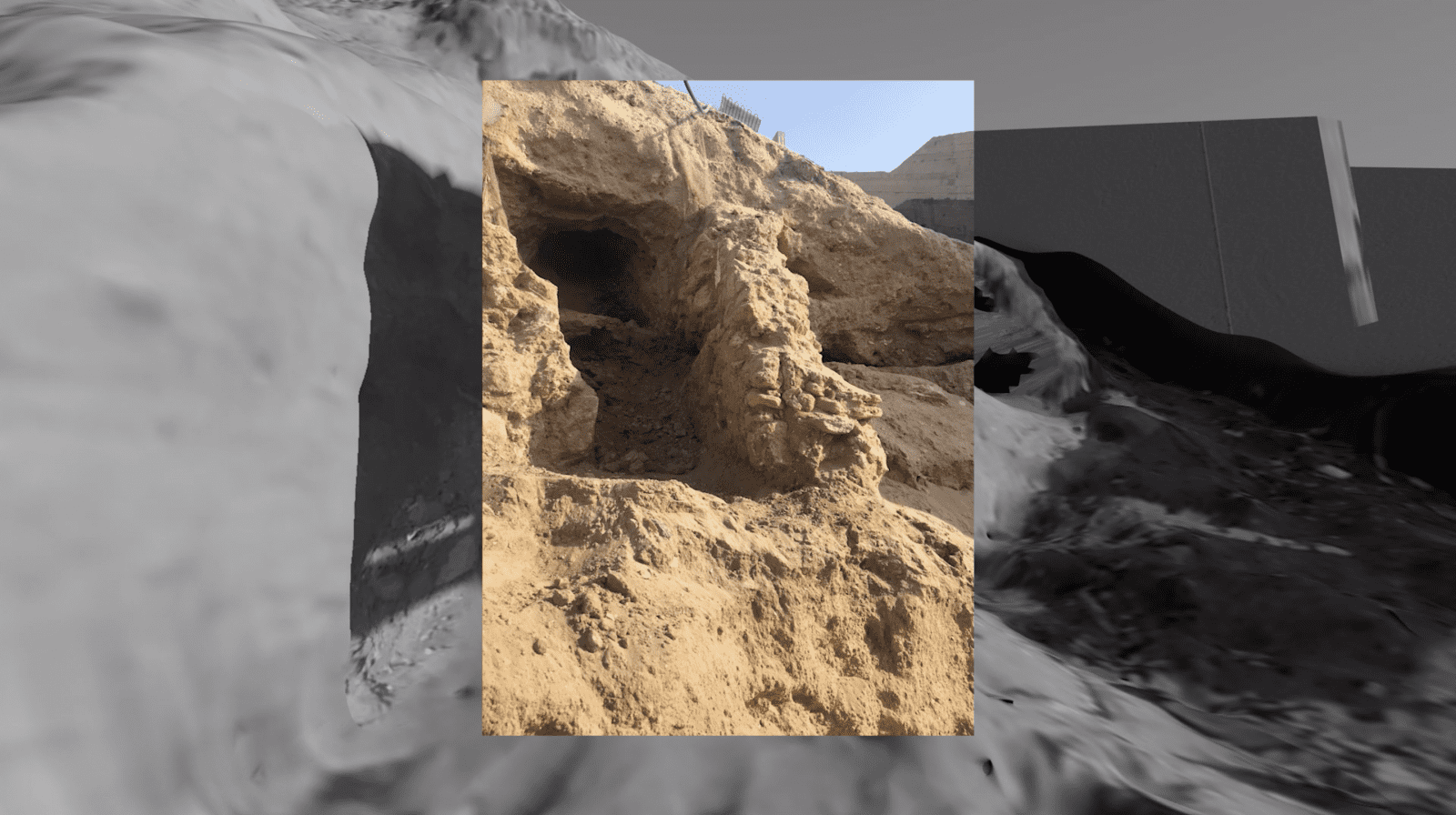PAULINE RUFFIOT
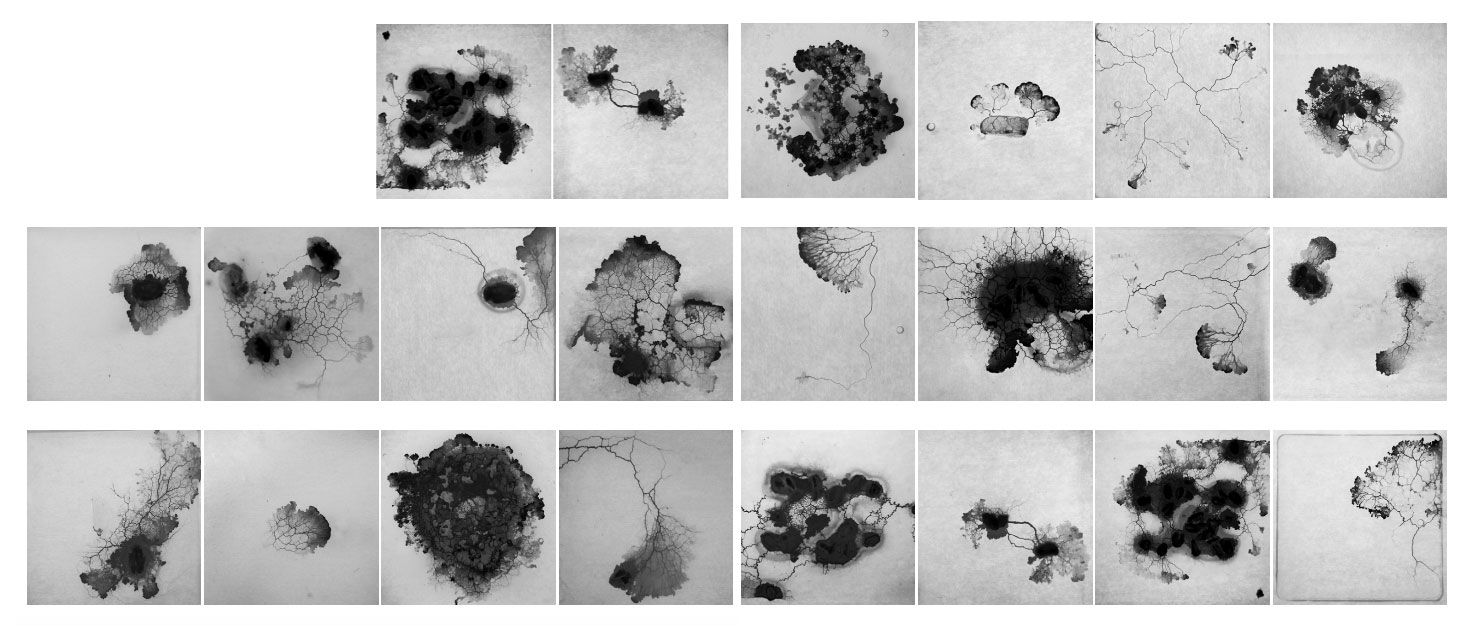
GENERAL INFO
- LOCATION
-
Institute for Postnatural Studies, Madrid
- DATE
-
Spring 2022
- TYPOLOGY
-
Research Residency
- ARTIST
-
Pauline Ruffiot - Switzerland
ABOUT
As an invited researcher, Pauline Ruffiot developed her project Reading Tentacle in the Institute for Postnatural Studies, which was later published in the Compost Reader II publication by Cthulhu Books. “The question ’What is life?' is [...] a linguistic trap. To answer according to the rules of grammar, we must supply a noun, a thing. But life on Earth is more like a verb. It repairs, maintains, re-creates, and outdoes itself.” Guided by this question and affirmation by Lynn Margulis and Dorion Sagan, Pauline Ruffiot extended her research to other inquiries revolving around the entanglement between artificial intelligence and the biological fabric of life.
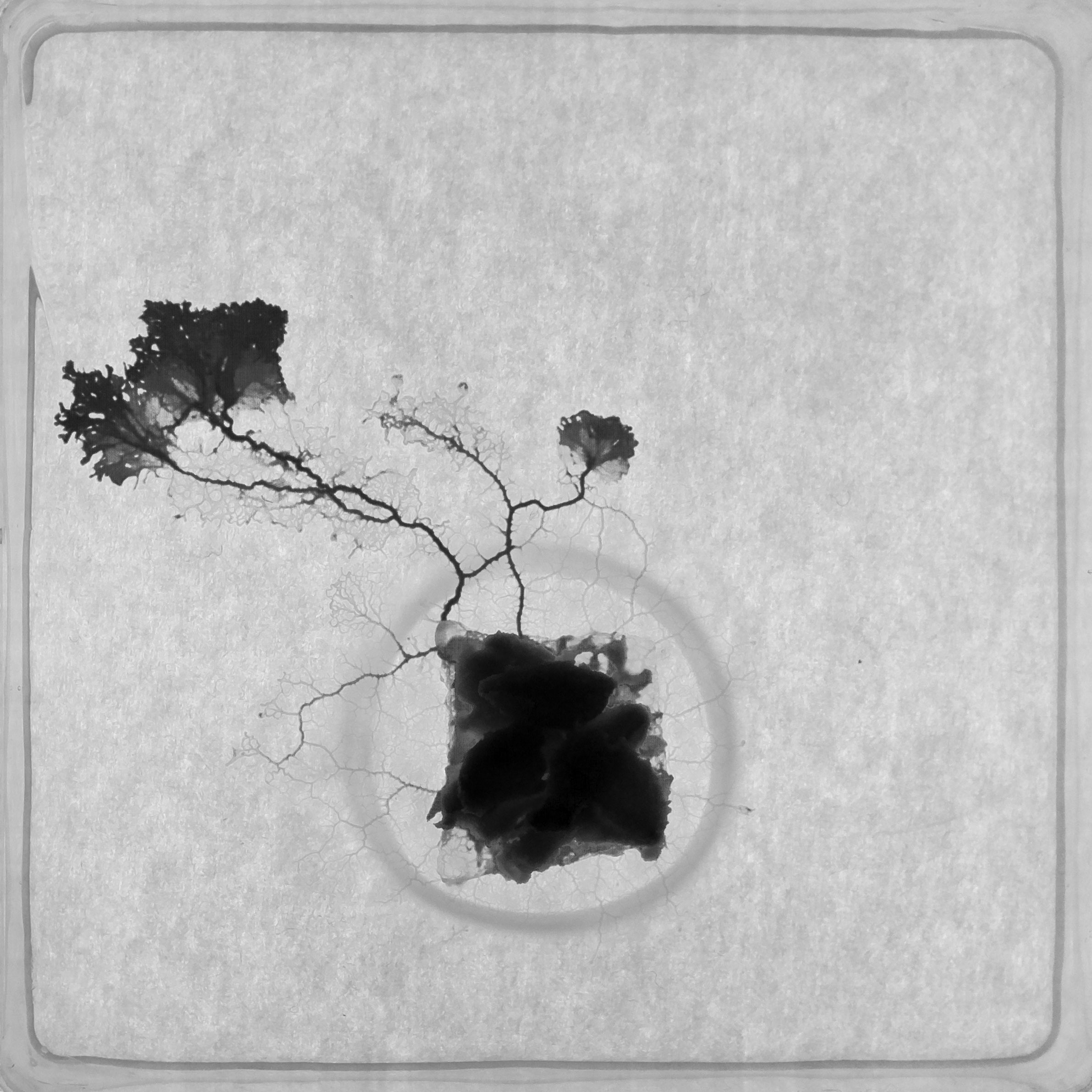
Reading tentacles. Courtesy the artist
STATEMENT
Slime molds are neither animal, plant, fungi, nor bacteria: they make for great partners to explore such questions as they are so hard to classify, and so different. No brain, only chemical-sensing, no hands, only tentacles. Closely watching their growth patterns, I wondered about their perceptions and motivations, alternating between contemplative drift and quasi-scientific curiosity. My readings of the tentacle patterns are as telling as cloud watching or palm reading. They reveal as much about me as a Rorschach test.
To take a step back from my too human interpretations, I enrolled artificial intelligences as intermediaries. The first one is based on generic image recognition models : they look, analyze and classify any submitted image according to the few hundreds of categories they know. Their inability to identify slime molds opens new ways of perceiving by escaping the frame of scientific and taxonomy practices, forgetting about kingdom, genus, phylum.
The second AI is specialized in text generation, trained on millions of pages, and fine-tuned with biology essays, shape-shifting tales and a few witch’s spells. When asked “What is life?”, it answers to the best of its absorbed knowledge, starting each answer from a different point without questioning the adequacy of its statements. Meanwhile, both us humans and slime molds can keep sensing around without certainty. To challenge our too-certain knowledge and try to work with our too-human representations of the world we live in, thinking through tentacles to advocate for equivocal answers and complexity.
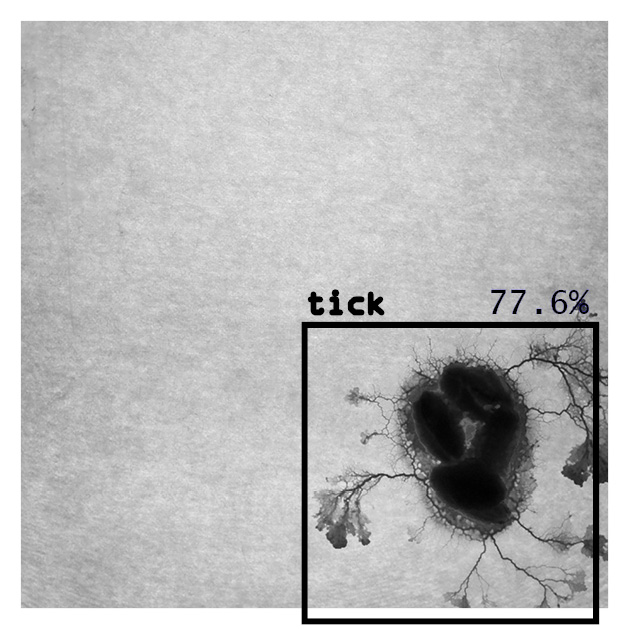
Reading Tentacles. Courtesy the artist
ARTIST BIO
-
PAULINE RUFFIOT

Pauline Ruffiot is an artist and a doctorate in biophysics who has received a Master in Physics and a PhD from the Université Grenoble Alpes. Most recently she has graduated with a bachelor’s degree in photography from the Royal Academy of Art in The Hague, Netherlands.
